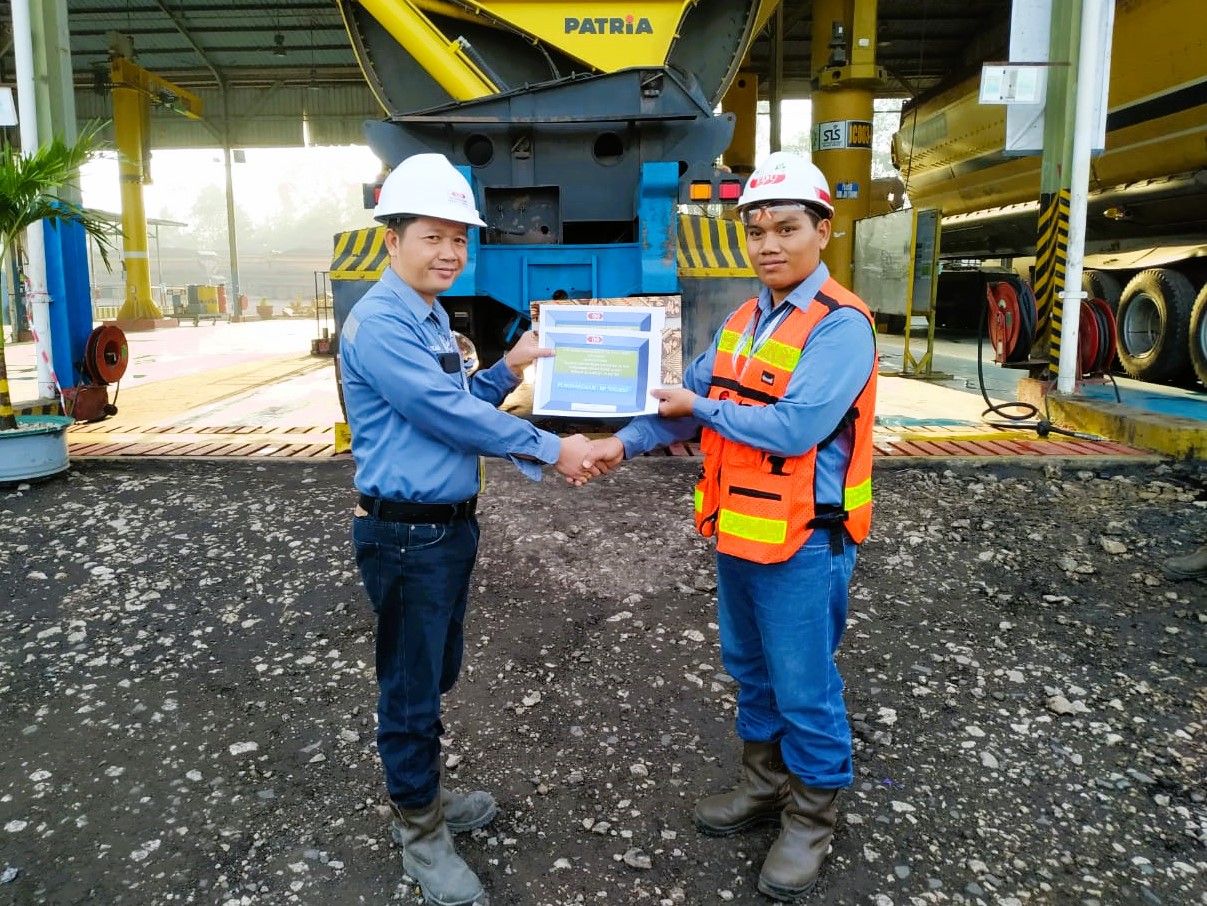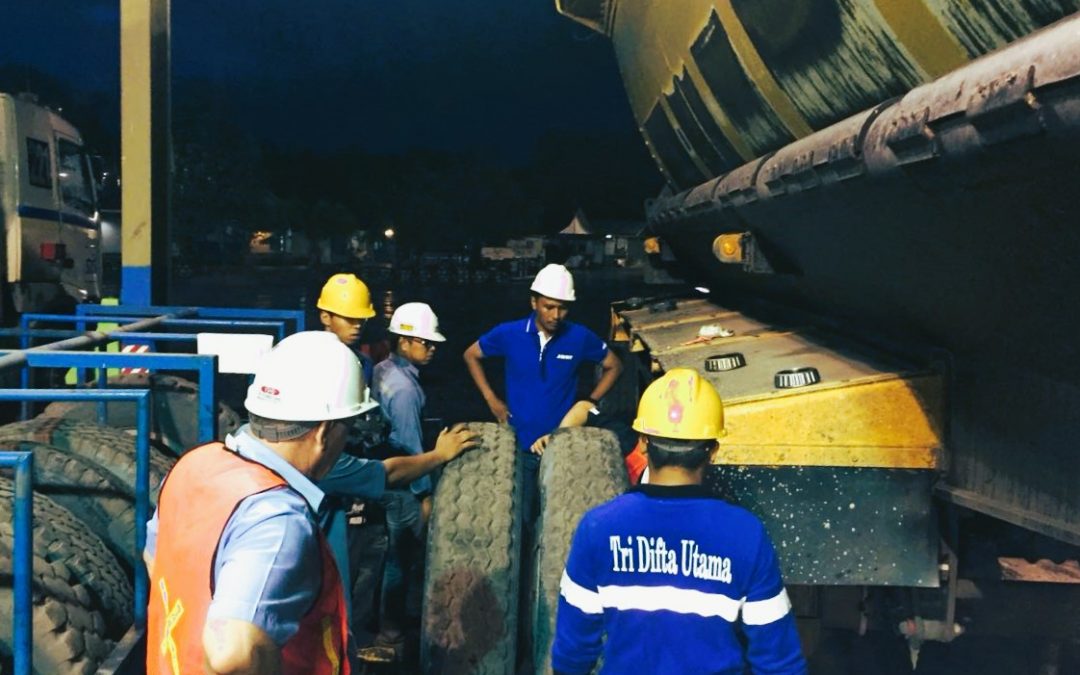Trailers and heavy equipment are essential tools in various industries, such as mining, construction, and manufacturing. These vehicles are used to transport goods and materials with large weights. This article will discuss the risks that can occur and provide useful tips for trailer and heavy equipment users to avoid work accidents.
Risks of Accidents in Using Trailers and Heavy Equipment
Users of trailers and heavy equipment in the industrial sector carry significant risks. The large size of the vehicle and the heavy load make it difficult to maneuver quickly, collision accidents can occur and have fatal consequences that threaten lives and damage property. In addition, because they tend to have a high center of gravity, if not managed properly, they can cause overturning, especially on sharp bends.
The risks of work accidents in trailers and heavy equipment can be caused by various factors. Human error, such as negligence, lack of training, and failure to comply with safety procedures can lead to accidents. Poor vehicle condition, engine damage, brake system damage, poor tire condition, and other damage can also trigger accidents.
Also read the following article: Identify Risks to Create a Healthy and Safe Work Environment
Tips to Avoid Work Accidents
Therefore, there are several tips that can help to avoid or reduce work accidents in trailer vehicles and heavy equipment:
- Training and Licensing
Before operating a trailer vehicle or heavy equipment, make sure you have undergone appropriate training and obtained the necessary licenses. This will equip you with the knowledge of how to operate a vehicle safely. - Regularly Inspect Vehicles and Keep Maintenance Records
Make sure that trailers and heavy equipment are routinely inspected and well-maintained. Regular inspections will help detect damage or problems with the vehicle before they cause an accident. - Limit Loading
Do not exceed the load capacity of trailers and heavy equipment. Excessive loading or overloading can cause the vehicle to become unstable and easily roll over. - Obey Speed Limits and Keep a Safe Distance
Always obey the speed limits set for your vehicle, and keep a safe distance between your vehicle and other vehicles, especially when on the highway. High speeds and close proximity can increase the risk of collisions. - Create Effective Communication
Effective communication between the operator and other workers around the trailer and heavy equipment is essential to prevent accidents. The operator must always notify other workers when moving or maneuvering. Use signals with gestures, communication devices, or visual guides to coordinate effectively. - Don’t Ignore Weather Conditions
Bad weather conditions, such as heavy rain or fog, can reduce visibility and increase the risk of accidents. You should be more careful when driving in bad weather conditions. Don’t force the situation, if the weather conditions are very risky. - Know the Work Area
Make sure you understand the conditions of the work area, including road conditions, the environment, and other potential hazards. You should always be aware of the hazards in the work area.

Work accidents involving trailers and heavy equipment can cause serious injury or even death. Therefore, it is important to apply the various work safety tips mentioned above. By applying work safety tips, we can help reduce the risk of work accidents and create a safer work environment.
